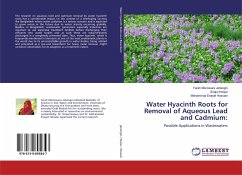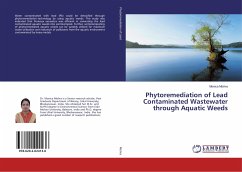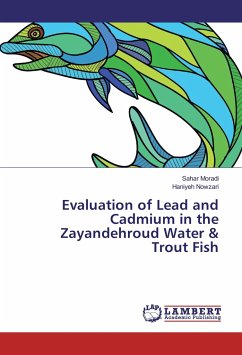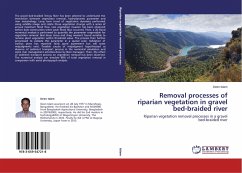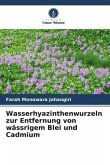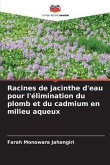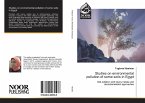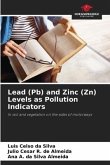The research on aqueous lead and cadmium removal by water hyacinth roots has a considerable impact on the context of a developing country like Bangladesh where water pollution is a serious concern and is expected to grow worse in the future due to water scarcity occurring globally. Besides, in Bangladesh, wastewater generators especially industries are reluctant to use expensive treatment facilities before discharging their effluents into water bodies and as such these are indiscriminately discharged in a completely untreated state. Thus, water hyacinth, which is frequently mentioned in literature as one of the most problematic plants in the world due to its uncontrollable growth in water bodies, being utilized and promoted as a low-cost biosorbent for heavy metal removal, might convince industrialists for its adoption as a treatment means.

